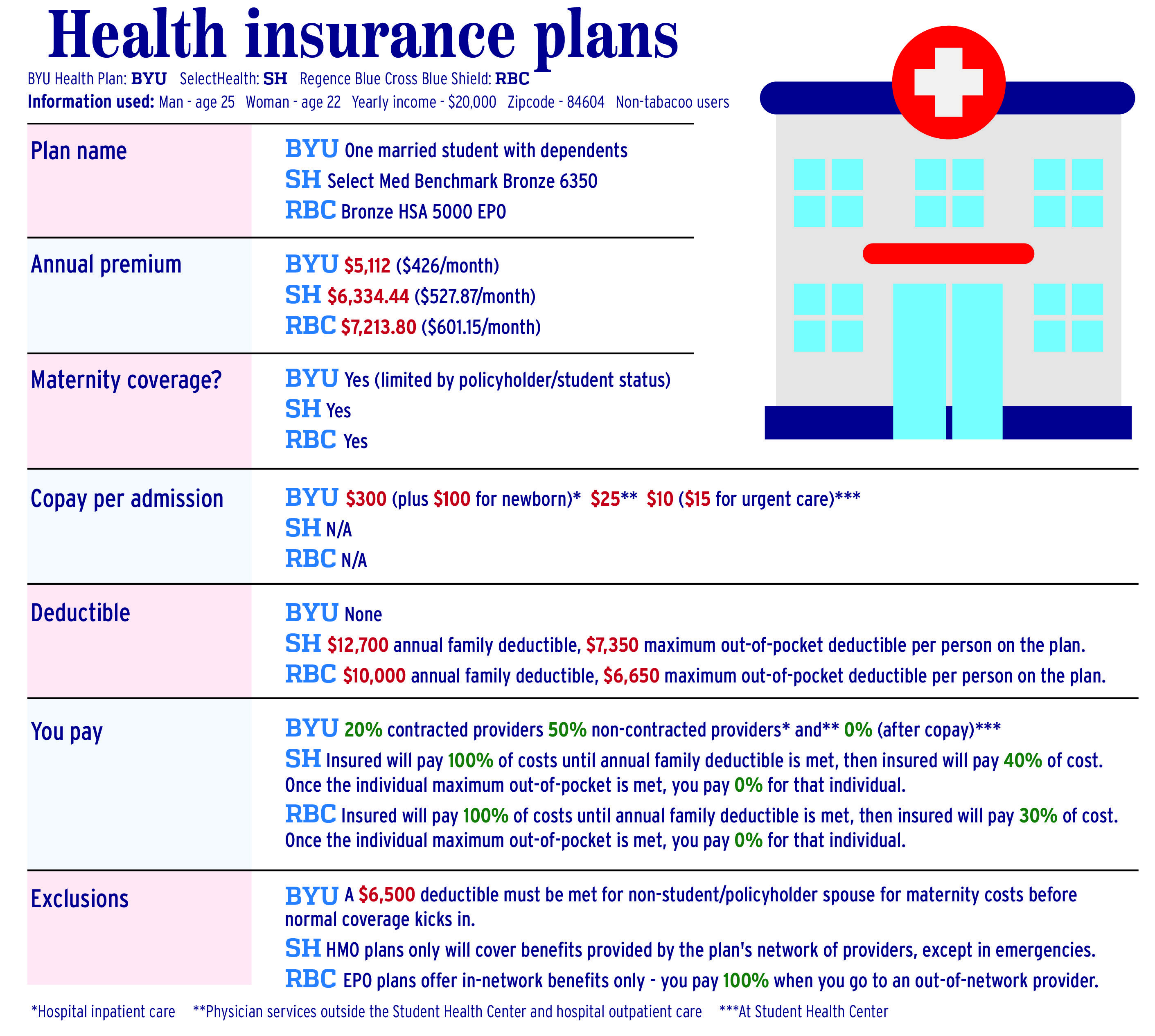A Biased View of What Services Can I Get On A Health Care Plan In Victoria Australia
A person who goes to a health-care facility for a consultation, and who leaves the facility within 3 hours of the start of assessment. An outpatient is not officially confessed to the center. DEFINITIONS FROM THE EUROPEAN OBSERVATORY ON HEALTH SYSTEMS AND POLICIES (readily available at http://www.euro.who.int/observatory/Glossary/TopPage?phrase=D)Ambulatory care. All kinds of health services offered to patients who are not confined to an institutional bed as inpatients throughout the time services are rendered (USAID, 1999). Many physicians who treat people with cancer are medical physicians (they have an M.D. degree) or osteopathic physicians (they have a D.O. degree). Requirement training consists of 4 years of study at a college or university, 4 years of medical school, and 3 to 7 years of postgraduate medical education through internships and residencies.
Specialists are physicians who have actually done their residency training in a specific field such as internal medicine. Independent specialty boards accredit doctors after they have actually satisfied required requirements, consisting of meeting specific education and training requirements, being certified to practice medication, and passing an assessment offered by their specialized board. Once they have satisfied these requirements, doctors are said to be "board accredited." Some specialists who treat cancer are: focuses on dealing with cancer concentrates on illness of the blood and associated tissues, consisting of the bone marrow, spleen, and lymph nodes uses x-rays and other forms of radiation to diagnose and deal with illness carries out operations on almost any area of the body and may focus on a specific kind of surgery To find a medical professional who concentrates on cancer care, ask your medical care medical professional to recommend someone.
Likewise, your regional healthcare facility must have the ability to supply you with a list of professionals who practice there. Another alternative for discovering a medical professional is your nearest NCI-designated cancer center. The Discover a Cancer Center page supplies contact information to help healthcare service providers and cancer patients with recommendations to all NCI-designated cancer centers in the United States.
7 Simple Techniques For Why Did Special Health Care Services Call Me?
The American Board of Medical Specialists (ABMS), which produces and implements the standards for certifying and assessing doctors, has a list of medical professionals that have fulfilled specific requirements and passed specialty tests. See Is Your Medical Professional Board Qualified? The American Medical Association (AMA) DoctorFinder provides info on licensed doctors in the United States.
The American College of Surgeons (ACoS) notes member surgeons by region and specialized in their Find a Cosmetic surgeon database. The ACoS can likewise be reached at 1-800-621-4111. The American Osteopathic Association (AOA) Discover a Doctor database offers an online list of practicing osteopathic physicians who are AOA members. The AOA can likewise be reached at 1-800-621-1773.
Public and medical libraries might have print directories of doctors' names listed geographically by specialty. Depending upon your medical insurance strategy, your choice may be limited to doctors who take part in your strategy. Your insurance provider can provide you a list of physicians who participate in your strategy. It's crucial to get in touch with the office of the physician you're thinking about to be sure that she or he is accepting brand-new clients through your strategy.
What Is The Role Of Insurance Payers In The Quality Of Services Of A Health Care Organization Things To Know Before You Buy
If you can alter health insurance coverage plans, you may wish to choose which physician you would like to utilize very first and then choose the plan that includes your picked physician. You also have the alternative of seeing a doctor outside your plan and paying more of the expenses yourself. To assist make your choice when you're considering what medical professional to choose, believe about if the doctor: Has the education and training needed to meet your requirements Has someone who covers for them if they are not available and who would have access to your medical records Has a valuable support personnel Describes things plainly, listens to you, and treats you with respect Encourages you to ask concerns Has office hours that satisfy your needs Is simple to get a consultation with If you are choosing a surgeon, you will want to ask: Are they board licensed? How frequently do they perform the kind of surgery https://vimeo.com/451563712 you require? The number of of these treatments have they carried out? At what medical facility( s) do they practice? It's essential for you to feel good about the doctor you choose.
After you speak to a physician about the diagnosis and treatment plan for your cancer, you may wish to get another doctor's viewpoint before you begin treatment. This is referred to as getting a 2nd viewpoint. You can do this by asking another specialist to review all the products associated with your case.
In either case, getting a second opinion might: Provide you more details Answer any concerns you may have Give you a greater sense of control Assist you feel more positive, understanding you have checked out all your choices Getting https://t.co/yhySAq1pPj#alcohol-rehab a 2nd opinion is very common. Yet some clients stress that their physician will be offended if they request a consultation (what preventive services are covered by health care reform).
3 Simple Techniques For Which Is The Fixed Amount The Patient Pays Each Time He Or She Receives Health Care Services?

A lot of doctors invite a 2nd viewpoint. And numerous medical insurance business pay for a second opinion or even need them, particularly if a medical professional recommends surgical treatment. When talking with your medical professional about getting a consultation, it may be useful to express that you're satisfied with your care but desire to be particular you're as informed as possible about your treatment alternatives.
You may wish to bring a family member along for assistance when asking for a second viewpoint. If your physician can't suggest another expert for a second viewpoint, much of the resources listed above for discovering a medical professional can assist you discover a professional for a 2nd opinion. You can also call NCI's Contact Center at 1-800-4-CANCER (1-800-422-6237) for assistance.
If you have actually currently found a physician for your cancer treatment, you may require to pick a treatment center based on where your medical professional practices. Or your physician may be able to advise a center that supplies quality care to fulfill your requirements. Some concerns to ask when thinking about a treatment facility are: Does it have experience and success in treating my condition? Has it been ranked by state, customer, or other groups for its quality of care? How does it look at and work to improve its quality of care? Has it been authorized by a nationally acknowledged accrediting body, such as the ACoS Commission on Cancer and/or The Joint Commission? Does it discuss patients' rights and duties? Are copies of this details readily available to patients? Does it provide support services, such as social workers and resources, to help me find monetary support if I need it? Is it conveniently located? If you belong to a health insurance coverage plan, ask your insurance coverage business if the center you are picking is authorized by your plan.
Rumored Buzz on True Or False? Moral Hazard Is Always Bad When It Comes To Utilization Of Health Care Services
You will wish to speak with the healthcare facility billing department also. Nurses and social workers might likewise have the ability to offer you more information about coverage, eligibility, and insurance issues. The following resources may help you find a medical facility or treatment facility for your care: NCI's Find a Cancer Center page supplies contact details for NCI-designated cancer centers situated throughout the nation.

